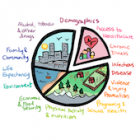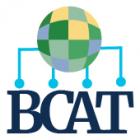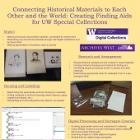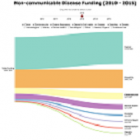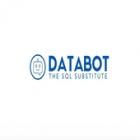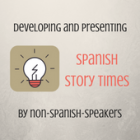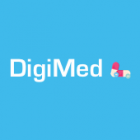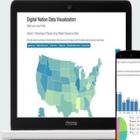
Collection Assessment, Ebooks vs. Print Books: Usage by patron, format, and subject area within the context of Alliance resource sharing
The Clark Library serves over 5,000 patrons at the University of Portland. I conducted a collection assessment to understand user behavior and determine areas of growth for ebook resources. I compared usage of ebooks and print books by subject area using ILS data, consortium reports, and vendor reports. The assessment revealed valuable relationships between format preference, users, and subjects, especially in the humanities disciplines. The strengths and weaknesses of each subject area and format will inform collection development decisions for future budget years and will benefit the library patrons by more closely meeting their research demands.

